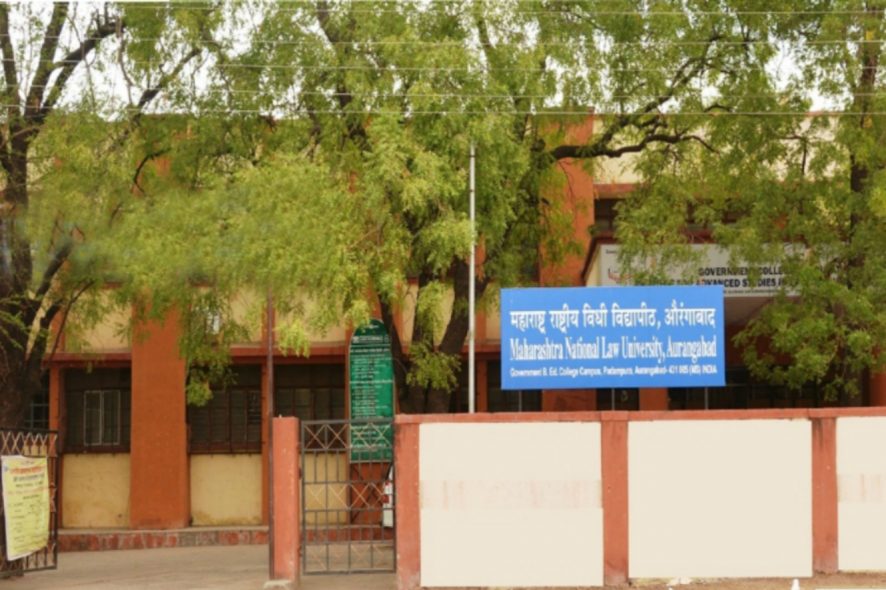CONCEPT NOTE: Humans are born with certain basic rights that are recognised in a civilised society. Some rights are inherent and some are incidental to human personality. Right to life, liberty and dignity are basic ones. Citizens, in a society driven by democratic and republican values, constitute a central part in the governance. There are situations where an individual in a free society expects to be free from the shackles of the governance and there comes the expectation of privacy so far as personal, private and intimate affairs are concerned. Many legal systems in the world, including couple of international legal instruments have also documented concerns for privacy, in the personal affairs of the individual. However, there exist two schools of thought, one concerning about basic rights of individuals such as food, shelter, livelihood, right to life etc. which recognises the privacy as “elitists” concept and the second, considers it as essential for the “human dignity” and “human personality”. The “Privacy Jurisprudence” is a seven decade old and has been highly debated. Earlier Supreme Court rulings in M.P. Sharma v. Satish Chandra, DM, Delhi (1954) and Kharak Singh v. State of UP (1962), have rejected the right to privacy as fundamental right, under Article 21 of the Indian Constitution. However, the legal controversy was put to rest only last year, when a nine-Judge Bench of the Supreme Court in Justice K.S. Puttaswamy (Retd.) v. Union of India, (2017) 10 SCC 1 have unanimously agreed that right to privacy is fundamental right under Article 21. The judgement is historic and unprecedented in India. A legal challenge to Aadhar Act, may be decided by the Supreme Court of India, in the light of the said landmark ruling.
The National Seminar, 2018 on “ Right to Privacy in the Contemporary Legal Environment” will have a technical and detailed deliberations on the legal implications of the latest ruling of Supreme Court of India. The National Seminar, 2018 will witness the presence of legal fraternity and the students of law. Several new facets and themes will be explored in the form of research papers to be presented by the participants. National Seminar, 2018 will also witness presentations and deliberations by the Experts and Jurists on the subject.
Track 1: Public Law, State and The Privacy
- Right to be forgotten, Right to be let alone vis-a-vis Right to Privacy
- Right to Privacy as Fundamental Right
- Right to Privacy in the light of Aadhar Act and the UIDA database
- Right to Privacy: an “elitists” concept or part of “liberty”?
- Right to Privacy vs. National Security
- Justice K.S. Puttuswamy (Retd.) v. Union of India (2017) 10 SCC 1
- State Surveillance and Right to Privacy
Track 2: Right to Privacy & Cyberspace
- Right to Informational Privacy
- Data Protection Law and Right to Privacy
- Right to Privacy in the age of Social Networking Sites and Messaging Apps
- Legal liability of Body Corporates under Information Technology Act, 2000
- Violation and Breach of Privacy under Information Technology Act, 2000
Track 3: Right to Privacy – Marriage, Conjugal Affairs, Intimacy, Reproductive Choices and Sexual Orientation
- Right to Privacy in the institution of Marriage – Conjugal Affairs and Restitution of Conjugal Rights
- Privacy and Rights of LGBT people – Legal Concerns and Issues
- Privacy concerns in Surrogacy, DNA Tests, Reproductive choices and Sexual Orientation
- Privacy concerns in Live-in Relationship
CALL FOR PAPERS: Research papers, case comment and articles are invited from the academic practitioners, research scholars and the students. The papers should be author’s original work and/or should not be any published work. Co-authorship is allowed but is restricted to only one. Selected research papers, case comments and articles will be published in the form of a Book with ISBN, which may be notified in due course of time to the participants. Publication of papers shall be subject to the approval of the Editorial Board and quality of the papers.
Last date for Abstract submission – September 15, 2018
Last date for Full Paper submission – October 5, 2018
Last date for Registration & Payment – September 30, 2018
Date of National Seminar, 2018 – October 20, 2018
CONTACT DETAILS: For any queries related to the 2nd National Seminar, 2018, participants may contact following persons on the details given below:
Mr. Ashok P. Wadje (Asstt. Professor of Law) Convener, 2nd National Seminar, 2018 (Contact Number: +91 9650778117)
Mr. Divyanshu Goyal, Student Coordinator, 2nd National Seminar, 2018 (Contact number:+91 9309915776)
For submission of Abstract, Full Paper, Scanned copy of Payment Slip or DD and Registration Form and other queries, email ID is: seminarmnlua@gmail.com
To view the Brochure, click HERE
To download Registration Form, click HERE
For further details, click HERE






